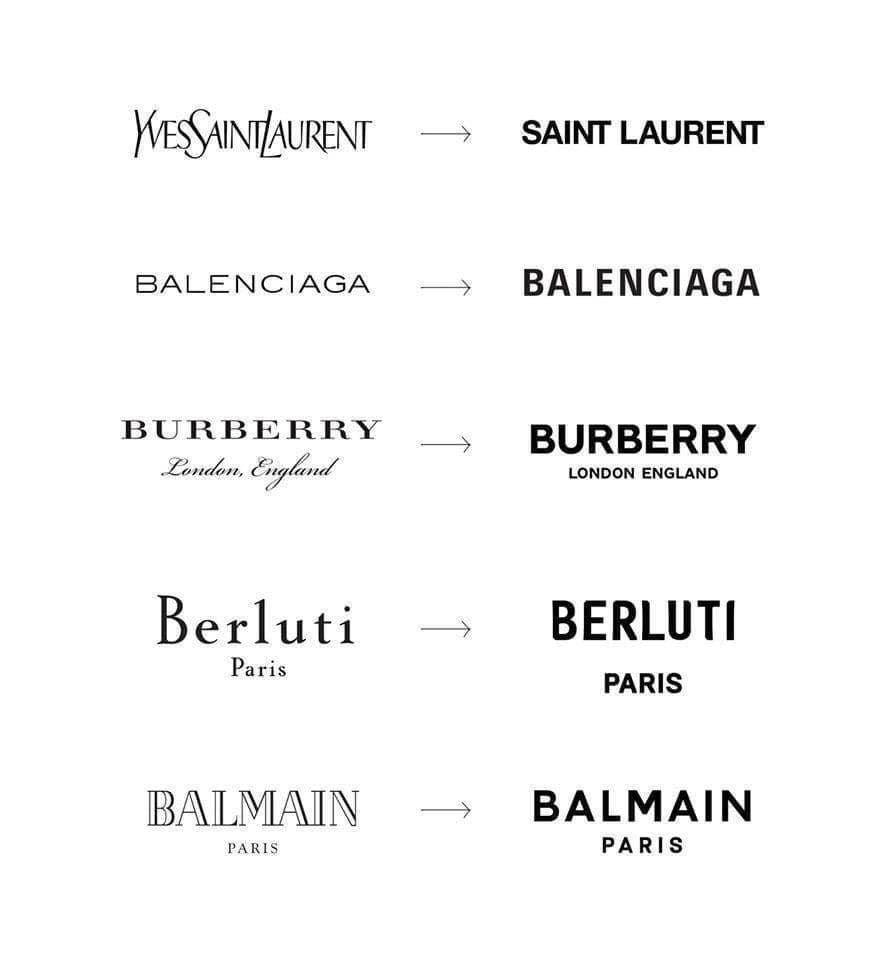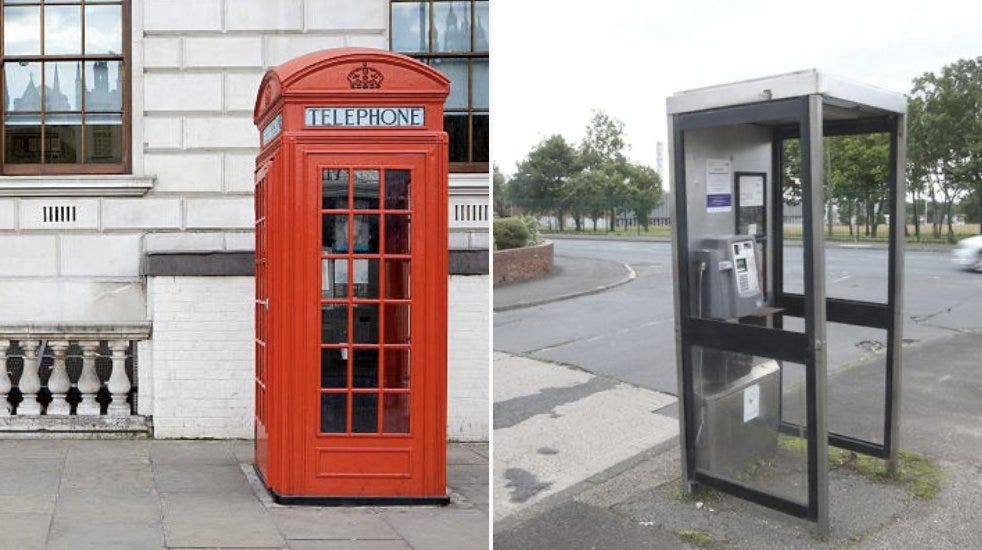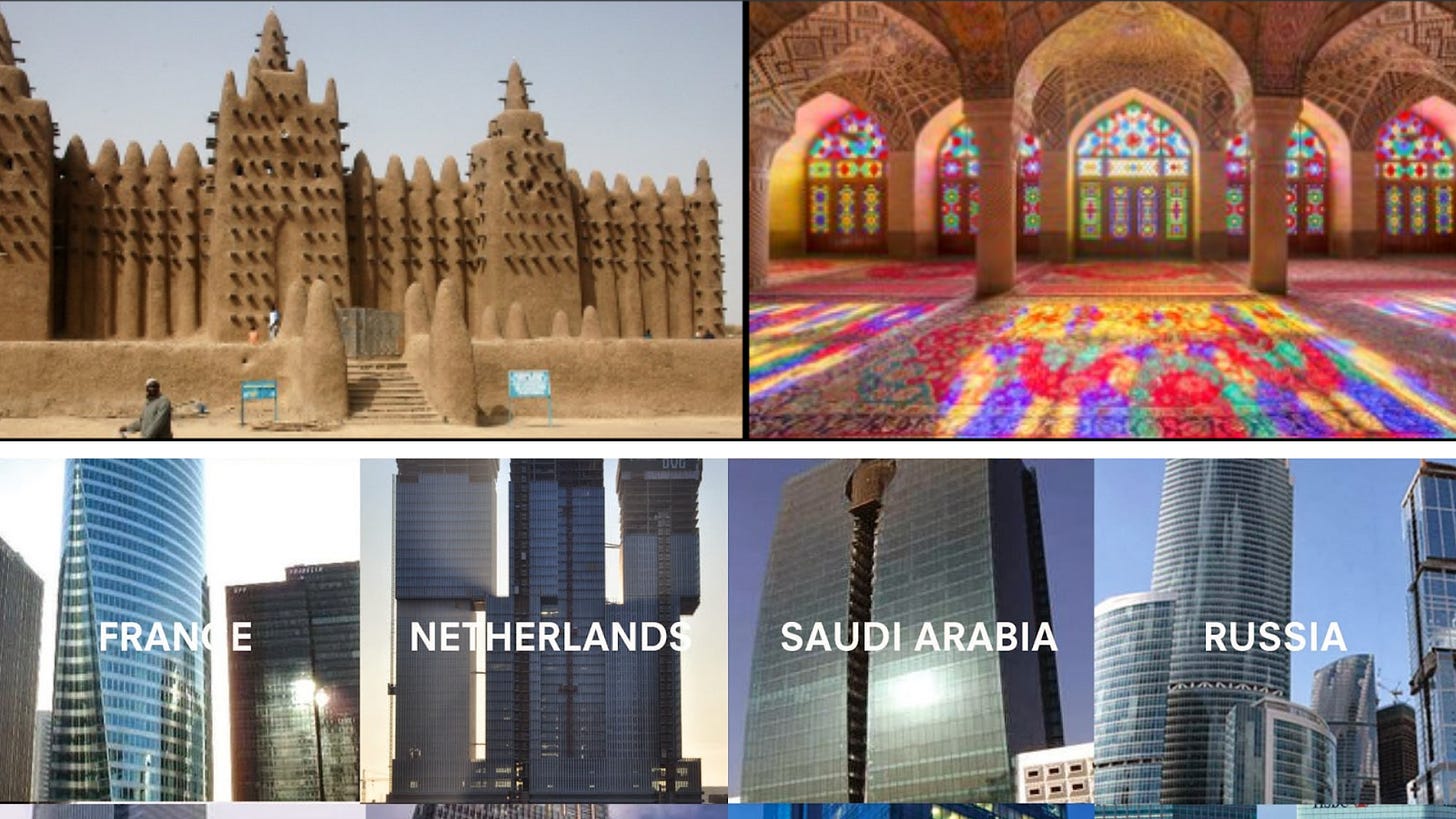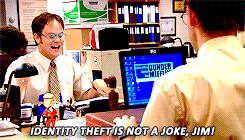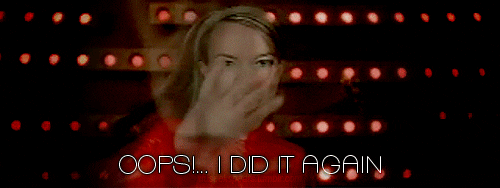MONTHLY MULLING💡
The Great Flattening, Dunder Mifflin Overpaid Michael Scott, and Education of a Value Investor
Hi👋 Tapan here.
Monthly Mulling is a bi-monthly newsletter curating the best ideas from the web to your inbox for free. High signal. Low noise. Join now👇🏽
Note: If my emails end up in the ‘promotions’ tab, please move them to the inbox so you don’t miss out.
Happy Sunday y’all!
I just returned from my trip to Spain! We did a road trip from Barcelona to Seville travelling Costa Brava, Valencia, Alhambra, and Malaga along the way. Spain has a lot of history and epic GoT shoot locations. But like any trip, the best part was catching up with friends after almost 2 years (awwwwwww🥺).

Currently,
📖 What I am reading: The Snowball: Warren Buffett and the Business of Life by Alice Schroeder
📺 What I watched: Thor: Love and Thunder - it was meh. Taika Waititi is one of my favourite directors but this movie feels empty🥱
🤔 The Great Flattening (Read time: 4 mins)
Maybe it’s my recent trip where I was exposed to beautiful architecture but this article by David Perell hit home.
Design is becoming generic. People and businesses are trying to appeal to as many people as they can. But the cost of trying to reach everybody is the loss of personality💯
David calls this the Great Flattening.
Look at these recent company logos. They all look almost the same.
But it doesn’t stop at logo designs. Another one of my favourite Twitter accounts, the Cultural Tutor, dissects this pattern in architecture.
Here are some pictures for comparison.
We can also see this in music where all songs have started sounding similar and in writing styles where everyone is writing for the internet.
🤔 So what’s happening? Homogenization can be happening for 3 reasons.
👩🏽💻Data-driven decisions: Companies are looking at data to make design decisions. Being data-driven is the death of art.
🤦🏽♂️Mass appeal: In the age of the internet, companies are trying to appeal to audiences globally and this comes at the cost of design. Telephone booths in the U.K. were not designed to appeal to audiences in Mexico.
🧩Limited curators: A lot of designs are mass-produced and curated by multinational corporations. A shelf from IKEA sells in the USA and India. So naturally, they need to be generic for a broader audience.
I like the idea of minimalism but it shouldn’t come at the cost of destroying beauty.
When you strip away too much of the non-essential, you lose the kind of craftsmanship that endows an object with soul and makes life feel meaningful.
- David Perell
Function comes ahead of design but things should be useful, no less than they should be beautiful.
⭐ If you’re a creator, reject the great flattening and add some character to your work. Your personality. Not everything needs to be scaled to the moon.
The human yearning for beauty - not luxury, but aesthetic character - is undeniable.
Don’t get rid of intricate carvings and patterns which is your personality for these mass blocks of glass structures.
📚 Lessons from The Education of a Value Investor (Book)
This is one of the best investment books out there in which Guy Spier talks about building the right investing mindset. But to be fair, you can apply some of these lessons in general for life.
😵 Learn From The Living And The Dead
Humans learn from imitating and it’s important to have mentors, living or dead.
In the true sense of this lesson, you always think about how the mentor would react in a situation.
Guy Spier, who considers Buffett a mentor always thinks, “what would Warren do?”
A mentor doesn’t always have to be alive. Charlie Munger has a saying, “make friends among the eminent dead”.
This means that you have to read biographies, autobiographies, or watch documentaries which will help you find yourself a mentor.
A mentor could even be a friend who you might admire.
The key to life is figuring out who to be the batboy for.
- Warren Buffett
🌱 Build Your Own Omaha
If you have read Atomic Habits, you know that your environment has a major impact on your habits and decisions.
The goal is to build an environment in which the brain isn’t subjected to distractions. You avoid distracting cues. An example could be if you’re on a diet, avoid buying unhealthy snacks.
This might also mean unsubscribing from accounts, turning off the news, decluttering your desk, or having a limited set of friends.
Finally, it’s also important to have a network of close friends with who you can talk about your ideas without any judgement. Your network of people forms a large part of your environment.
Invest time and energy in the handful of people you’re sure about and leave the rest alone.
- Warren Buffett
✈️ Think Like A Pilot
The idea is to build rules and procedures that help you not take undue risks.
Pilots internalize an explicit set of rules and procedures that guide their every action and ensure the safety of themselves and their passengers.
Humans are prone to errors and biases and having circuit breakers will help you make better decisions.
Guy Spier has a rule, he never buys or sells when the market is open.
I have a rule for myself. Never say yes on the spot for a decision where I have to make a time commitment.
I always say I will get back to you or won’t respond until I have checked my schedule and priorities.
✅ The Checklist Manifesto
For decisions that you make repeatedly, build a checklist that will help you avoid mistakes.
The checklist needs to be created based on your past mistakes. So, this checklist will differ from person to person.
A pilot’s checklist won’t say, “does this plane fly fast?”. It would say something around, “have I checked these switches and doors?”.
The real purpose of a checklist is to serve as a survival tool, based on the haunting remembrance of things past.
- Guy Spier
🤏🏽 Small Things Matter
I talked about this in one of my previous newsletters.
What we call "luck" is actually the macro result of 1,000s of micro-actions.
Your daily habits can put you in a position where "luck" is more likely to strike.

Guy Spier explains this with his habits.
A key aspect of my real-world education involved learning to take more and more of these intelligent but practical actions on a micro level: writing thank-you notes, picking a great place for breakfast, listening actively to what people told me, or treating them the way I wished to be treated.
Over a lifetime, a myriad of simple actions like these can accumulate to create big reputational and relationship advantages.
It’s not about luck. It’s about working harder to get these things right so that it becomes more likely that something good will happen.
🎙COLD BREW MONEY
🤓 Did Dunder Mifflin OVERPAY Michael Scott Paper Company?: We set out to answer this simple question. Is Michael Scott a negotiating genius? This video also doubles down as a fun way to learn about valuation and calculating the fair price.
Can I ask you to share the podcast with one friend/family this weekend?
Do you think any of your friends will like Monthly Mulling like you? Please share!😇
Thanks for reading. If you have feedback, you can reach out to me on Instagram, Twitter, LinkedIn, or just reply to this email!




